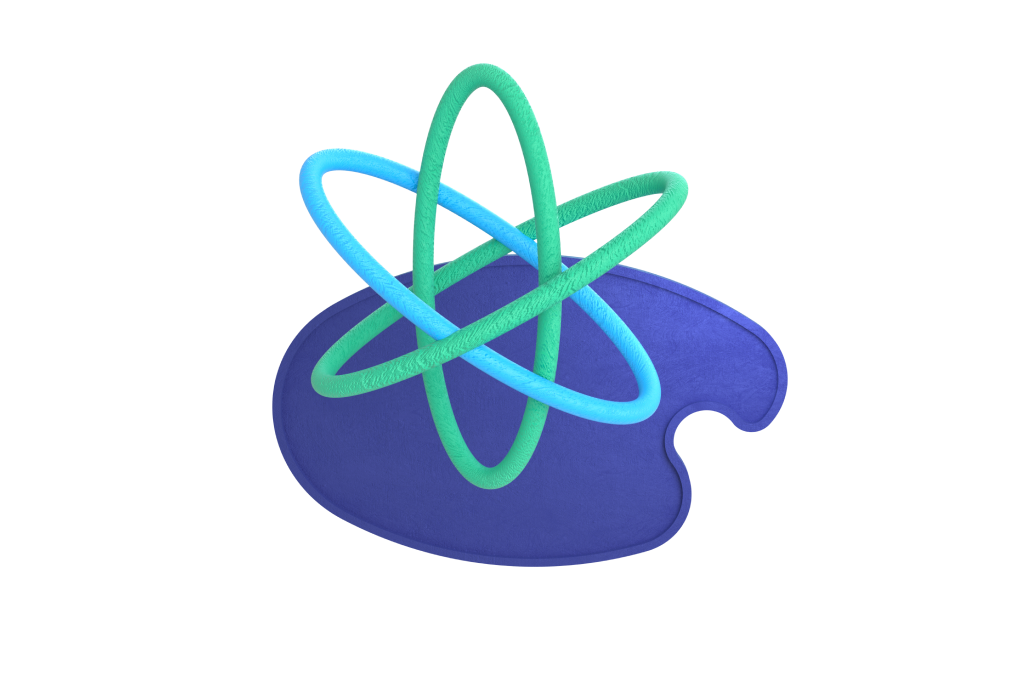Deepen understanding, design and practice.
Pre-Requisite : Group Facilitation Methods or GFMOnline *
*The Art and Science is included in the Professional Facilitator Program (PFP) which is endorsed by IAF and prepares you for CPF certification. It also prepares you for assessment as an ICA Certified ToP Facilitator.
This six-day intensive will dramatically improve your ability to facilitate any group more effectively, in your organization or community. It will strengthen your skills and increase your confidence.
The Art & Science of Participation is for people who are serious about facilitating participation and will deepen your knowledge, enhance your ability and provide a support network with facilitators across Canada. It will be a highlight of your year.
As with all ICAA training, this course is delivered by professional facilitators who actually demonstrate the materials, lead reflections to learn collaboratively, provide real life examples from experience, and set you up to practice with others using a suite of tools. Sometimes you might work on interesting case studies. Sometimes you work on your own case. The high quality manual is full of useful materials: underlying theory, short readings, step-by-step instructions, templates, and worksheets. As a result you will have the confidence to use your new understandings immediately with clients of your own.
You will need to choose your preferred type of setting or mode of delivery. The descriptions of the differences between live online (LO), in-person (IP) are explained in an expandable section near the bottom of this web page.
Live Online Art & Science is held from 9 am – 5 pm in the time zone of the location mentioned.
In Person Art & Science is held from 8:30 am – 5 pm in the time zone of the location mentioned
Price is in CAD$3,295.00. Applicable tax is extra.
Benefits
You will be equipped to design and handle almost any facilitation challenge after the Art and Science of Participation.
Increase your confidence with facilitation practice
- Upfront practice with constructive peer and trainer feedback
- Tutoring on design, preparation and delivery with master facilitators.
- High teacher/student ratio: 1:4
Strengthen your skills in many methods
- Core Technology of Participation (ToP®) facilitation skills.
- Deepening of many other methods.
- Theory and practical link between many tools, methods and processes.
Enhance your professionalism
- Design effective facilitation processes for upcoming complex and challenging situations.
- Learn to apply ToP facilitation methods to any situation.
- Improved ability to prepare for and lead facilitation projects.
Price is CAD$3,295 plus applicable tax.
Monday
- Opening context and conversation
- Overview of participant cases
- Focused Conversation Method review
- Facilitation practice and peer feedback
Tuesday
- Dynamics of life experience
- Consensus Workshop Method review
- Facilitation practice and peer feedback
Wednesday
- Contentless Method
- Designing Complex Facilitation Processes
- Design Labs
Thursday
- Consensus formation
- Strategic planning
- Design Labs
Friday
- Facilitation Environments
- Charting documents
- Design Labs
Saturday
- Facilitator Style
- Historical Scan
- Ethics and Values
- Participant-led Celebration
This is for professional facilitators, for consultants who want to be more facilitative, and for anyone who is considering pursuing a career as a facilitator.
Since many facilitators must work alone this is a chance to create long lasting relationships with your peers.
ToP Methods and Applications
- Focused Conversation and Consensus Workshop review
- Facilitating Strategic Thinking
- Historical Scan
- Charting Method
Facilitation Design and Practice
- Design Eye Template
- Mental models for design
- Central questions and focus questions
Foundations of ToP
- Imaginal Education and Contentless Method
- Consensus Formation and Synthesis
- Participatory Environments
- Facilitator Values and Ethics
You can choose to take this course In Person (IP) or Live Online (LO). The codes IP or LO show in the course name when you register.
In Person (IP) classes are instructor-led events occurring in the same room on specific dates with one group of people. You have a deep level of dialogue with face-to-face practice in breakout groups, get paper manuals and books, use pen-and-paper worksheets and exercises and enjoy breaks and lunches together. Instructors demonstrate methods using flipcharts, index cards, marker pens and wall chart visuals . The experience for participants can be similar to working with a client in a live setting. There is no practice of online tools.
Live Online (LO) classes are instructor-led events occurring at the same time with the same people, using our learning management system and online platforms, primarily Zoom and Mural. The course covers the same material as an IP course but uses online tools with plenty of small group exercises. Manuals and books are downloadable as PDFs that can be printed out if you want. There are no programs or apps to download. Participants need a computer with a large screen (a cell phone won't work well), a high speed internet connection, and earphones or earbuds. We do not actively “teach” online tools, but participants get so see and experience the ones we use during the course.
Self Directed (SD) courses are sets of “modules” like mini-courses, each containing short videos, readings, quizzes and games and assignments. You take them at your own speed any time from anywhere. You get written feedback from instructors on your assignments. The modules are assembled to resemble the in-person and live online course content. The disadvantage is the absence of collegial interaction, teamwork, and dialogue, which is a key component of facilitation. Participant manuals and materials are downloadable in PDF form.
All course graduates are encouraged to follow-up with some 1:1 coaching and join communities of practice we have set up to help extend and reinforce learning.

